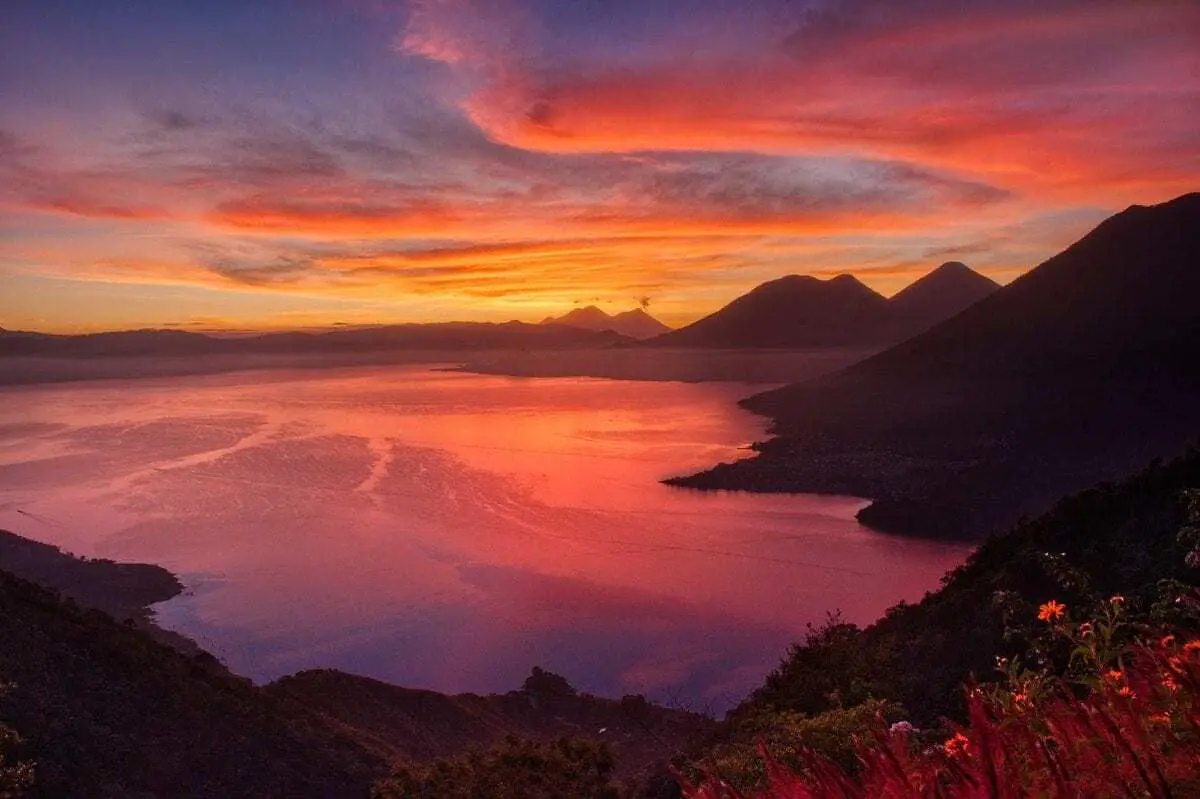Study offers sobering warning on the impact of rising carbon dioxide levels in the atmosphere.
A new study finds volcanic activity played a direct role in triggering extreme climate change at the end of the Triassic period 201 million year ago, wiping out almost half of all existing species. The amount of carbon dioxide released into the atmosphere from these volcanic eruptions is comparable to the amount of CO2expected to be produced by all human activity in the 21st century.
The end-Triassic extinction has long been thought to have been caused by dramatic climate change and rising sea levels. While there was large-scale volcanic activity at the time, known as the Central Atlantic Magmatic Province eruptions, the role it played in directly contributing to the extinction event is debated.
In a study for Nature Communications, an international team of researchers, including McGill professor Don Baker, found evidence of bubbles of carbon dioxide trapped in volcanic rocks dating to the end of the Triassic, supporting the theory that volcanic activity contributed to the devastating climate change believed to cause the mass extinction.
The researchers suggest that the end-Triassic environmental changes driven by volcanic carbon dioxide emissions may have been similar to those predicted for the near future. By analysing tiny gas exsolution bubbles preserved within the rocks, the team estimates that the amount of carbon emissions released in a single eruption – comparable to 100,000 km3of lava spewed over 500 years – is likely equivalent to the total produced by all human activity during the 21st century, assuming a 2C rise in global temperature above pre-industrial levels.
“Although we cannot precisely determine the total amount of carbon dioxide released into the atmosphere when these volcanoes erupted, the correlation between this natural injection of carbon dioxide and the end-Triassic extinction should be a warning to us. Even a slight possibility that the carbon dioxide we are now putting into the atmosphere could cause a major extinction event is enough to make me worried,” says professor of earth and planetary sciences Don Baker.
Header Image – Public Domain





